[Event Report] The Health and Global Policy Institute Dementia Policy Project Public Symposium: “Current Issues and Future Prospects for Idiopathic Normal Pressure Hydrocephalus (iNPH) Measures – Focusing on a Form of Dementia that Improves with Treatment” (August 24, 2022)
date : 11/22/2022
Tags: Dementia
![[Event Report] The Health and Global Policy Institute Dementia Policy Project Public Symposium: “Current Issues and Future Prospects for Idiopathic Normal Pressure Hydrocephalus (iNPH) Measures – Focusing on a Form of Dementia that Improves with Treatment” (August 24, 2022)](https://hgpi.org/en/wp-content/uploads/sites/2/1F7A9137_web.jpg)
*The report and the recording of this symposium have been published. (November 22, 2022)
On August 24, 2022, the Health and Global Policy Institute (HGPI) Dementia Policy Project hosted a public symposium titled, “Current Issues and Future Prospects for Idiopathic Normal Pressure Hydrocephalus (iNPH) Measures – Focusing on a Form of Dementia that Improves with Treatment.” It used a hybrid in-person and online format with TKP Tokyo Station Otemachi Conference Center as the venue.
Projections show that the number of people living with dementia in Japan will soon exceed 7 million, and hopes are high for treatments that relieve the symptoms of dementia and address its underlying causes for better living later in life. Many diseases that cause dementia are considered difficult to treat, but iNPH is a form of dementia that improves with treatment. It is estimated that iNPH affects around 370,000 people, or about 5% of all people living with dementia. Furthermore, as pointed out in recent years, iNPH often occurs alongside Alzheimer’s disease, the most common cause of dementia, so the actual number of cases likely exceeds estimates. There are many potential benefits to delivering the appropriate treatments to people with iNPH. In addition to longer life expectancies, these include fall prevention and high returns in terms of health economics. As demonstrated by developments like the adoption of the “Research Survey on Structuring Healthcare for a Treatable Form of Dementia” as a Ministry of Health, Labour and Welfare Project for the Promotion of Well-Being for Elderly People, it is also gradually becoming a more important policy topic.
However, there are scattered issues that must be addressed before iNPH treatments can be delivered to as many people as possible to improve their symptoms and elevate their quality of life. First, despite the importance of early and accurate diagnosis, compared to the various other forms of dementia, it is difficult to say that awareness toward iNPH is high among civil society, healthcare providers, and long-term care providers. Second, iNPH can manifest as a broad variety of symptoms, and this requires collaboration across disciplines to address. After specialists from various fields examine a person to diagnose them with iNPH, they must work together with neurosurgeons who perform shunt procedures. Furthermore, to expand and enhance systems providing these treatments, there are various regional disparities that must be alleviated, so expectations are high for steps to achieve nationwide care equity.
To address these diverse issues with an all-of-society response, this symposium gathered multi-stakeholders including related healthcare and long-term care professionals, academia, Government representatives, and people living with iNPH. Together, we deepened discussions on current issues in this area and necessary measures for addressing them.
■ The recording of this symposium (115min)
*Available only in Japanese
[Overview]
- Date & time: Wednesday, August 24, 2022; 17:00-19:00 JST
- Format: Hybrid format (with in-person and remote participation)
- Venue: TKP Tokyo Station Otemachi Conference Center/Zoom webinar
- Language: Japanese
- Participation fee: Free
[Program] (Titles omitted; in alphabetical order)
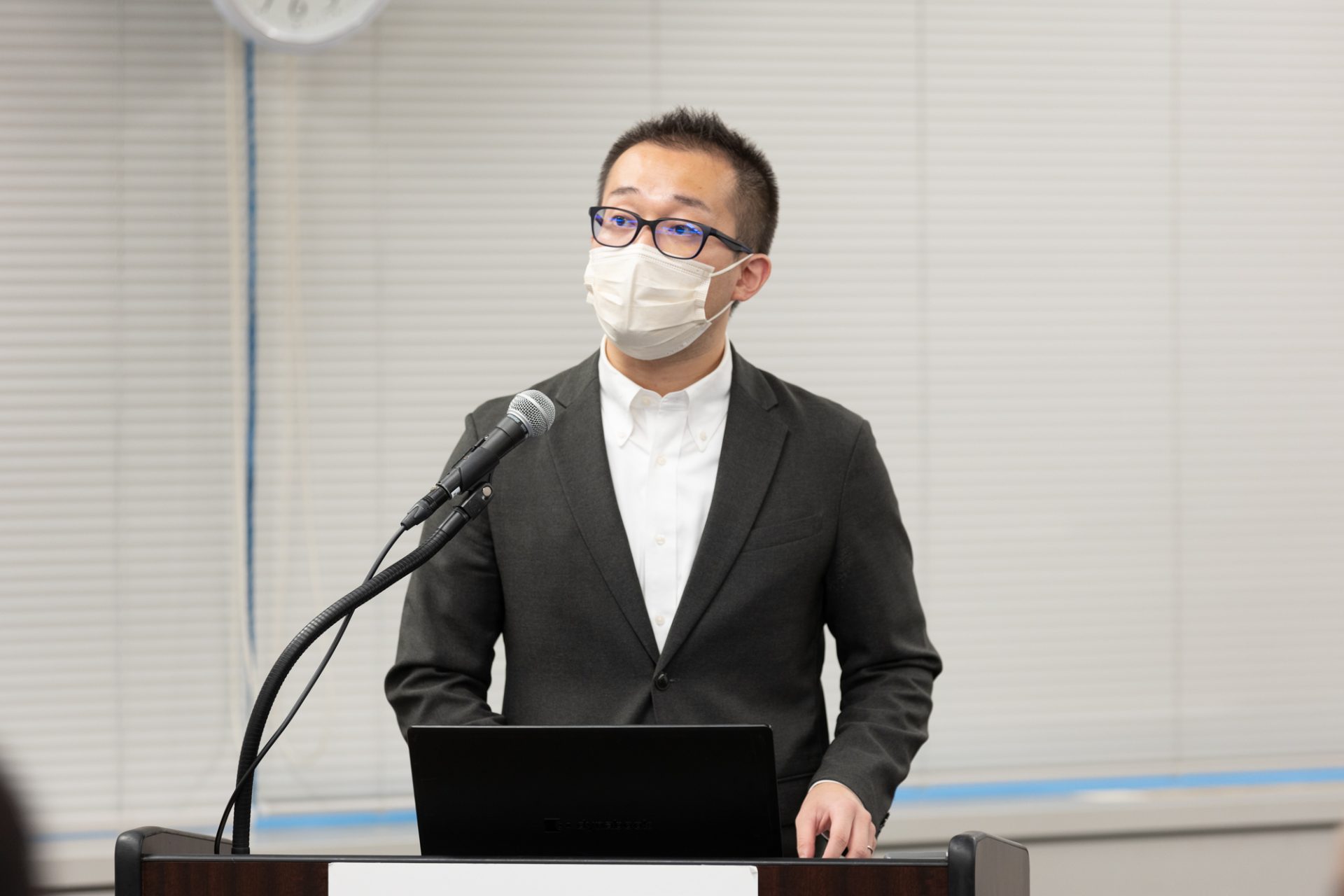
17:00-17:05 Opening remarks and explanatory introduction
- Shunichiro Kurita (Manager, HGPI)
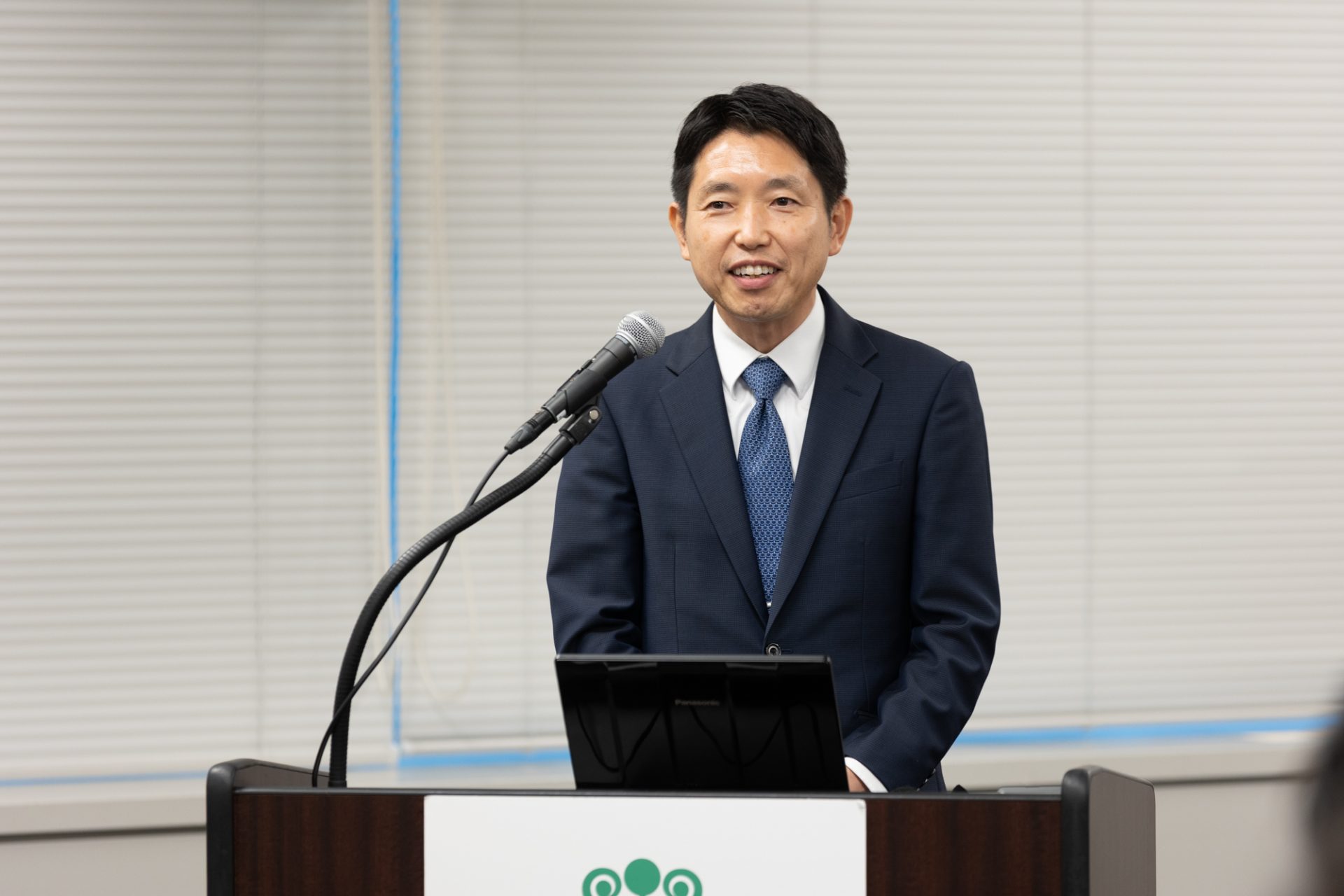
17:05-17:35 Keynote lecture: “The General Situation and Future Challenges for iNPH”
Hiroaki Kazui (Professor, Department of Neuropsychiatry, Kochi Medical School; Chairman, The Japanese Society of NPH)
17:35-18:05 Relay talk: “iNPH and Me: The Past, the Present, and the Future”
- Michiyo Goto (Person living with iNPH)
- Chifumi Iseki (Lecturer, Department of Internal Medicine III, Faculty of Medicine, Yamagata University)
- Kazunari Ishii (Department Head, Diagnostic Radiology Division, Department of Radiology, Faculty of Medicine, Kindai University)
- Madoka Nakajima (Associate Professor, Department of Neurosurgery, School of Medicine, Juntendo University)
- Shigeki Yamada (Hospital Lecturer, Department of Neurosurgery, Shiga University of Medical Science)
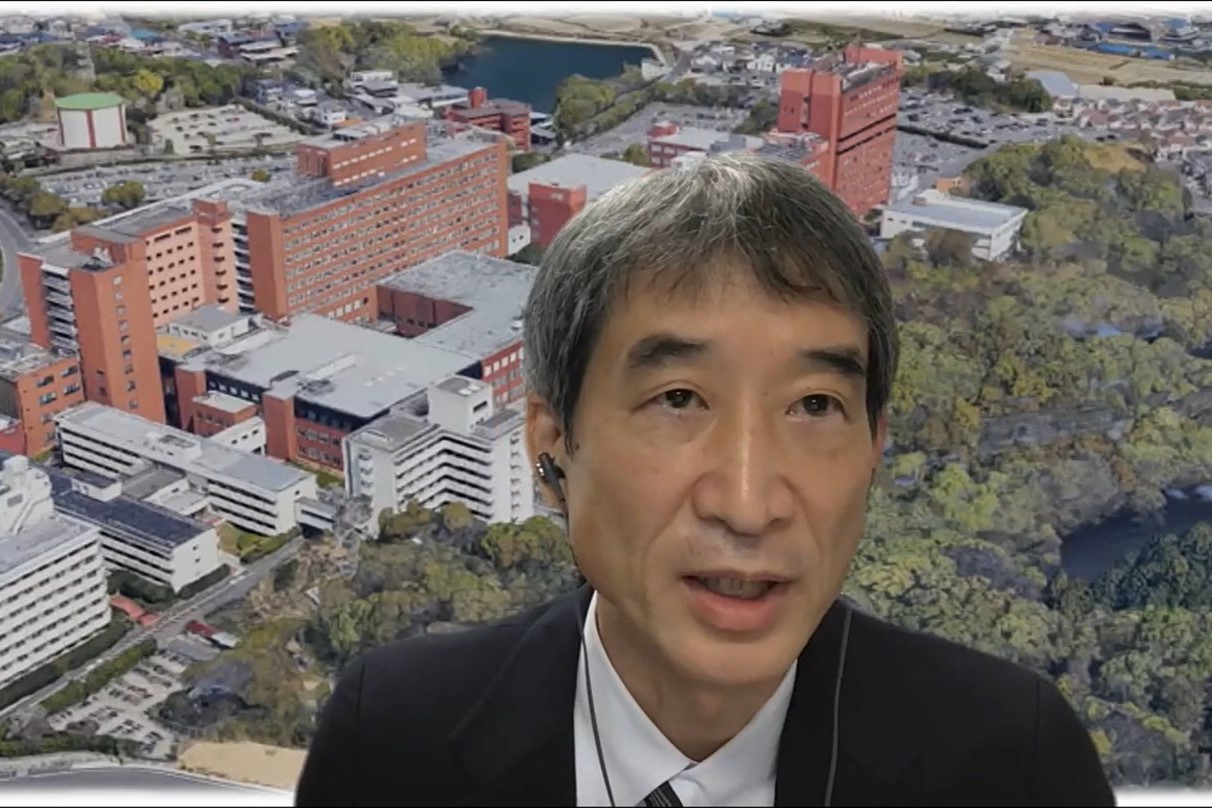
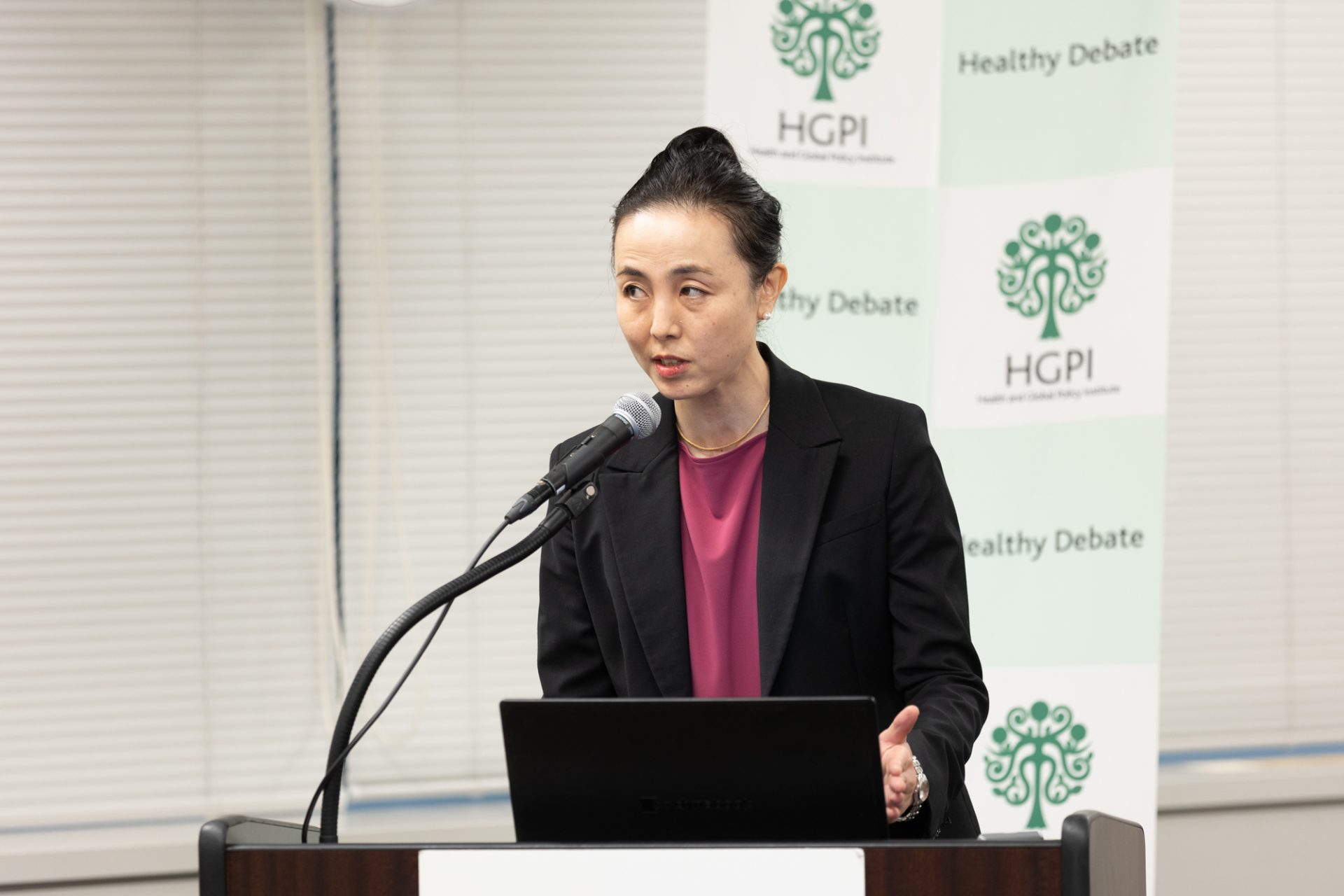
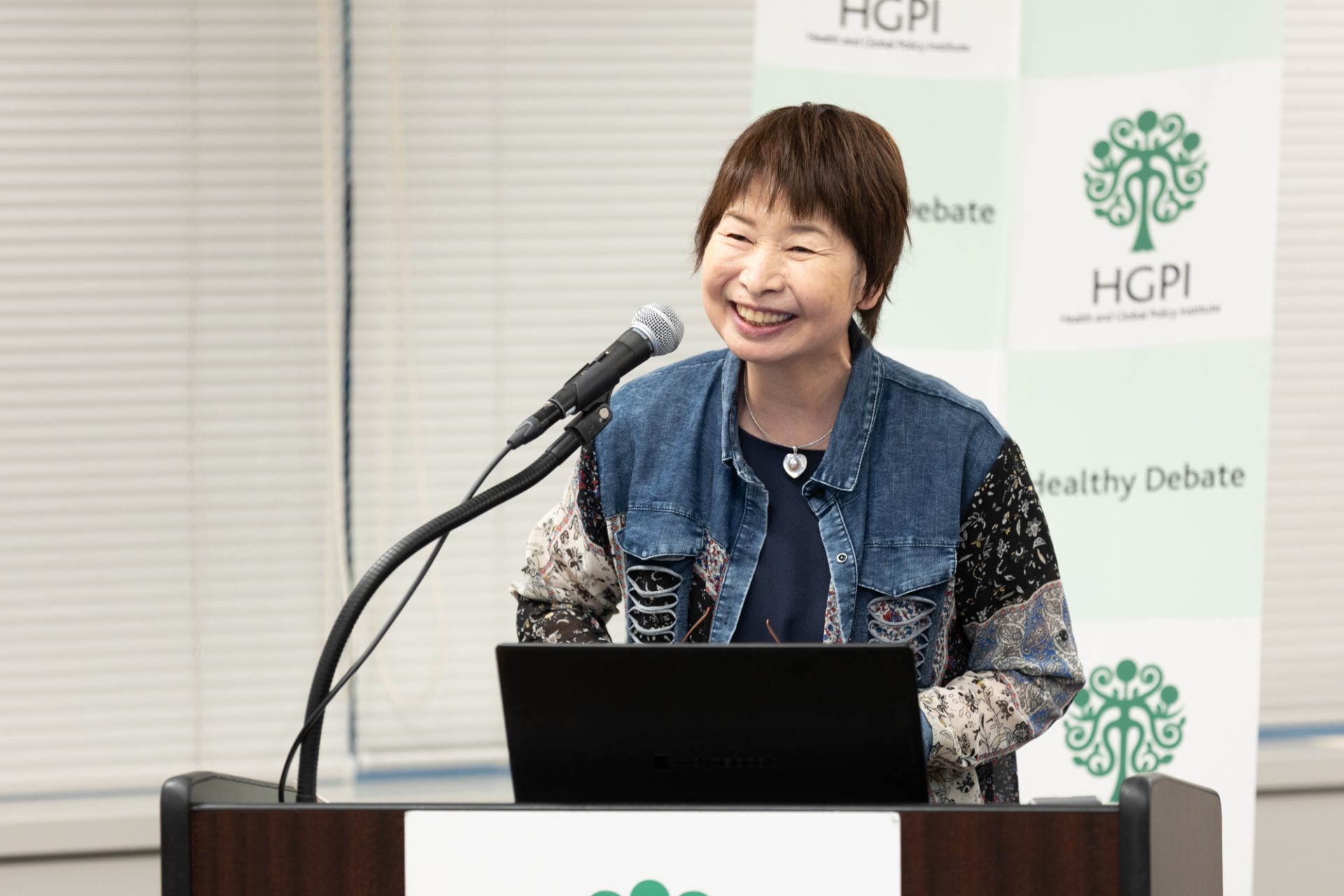
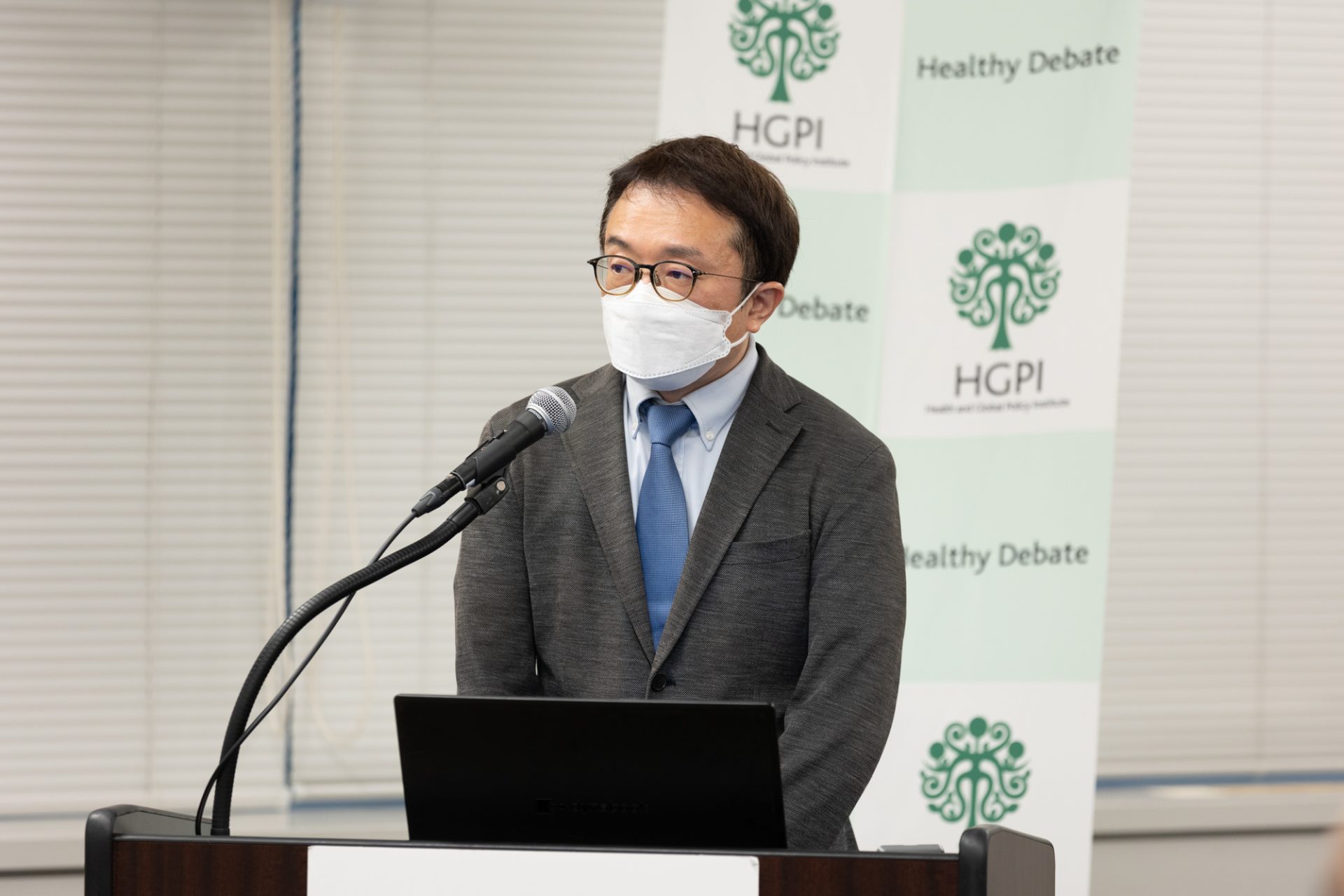
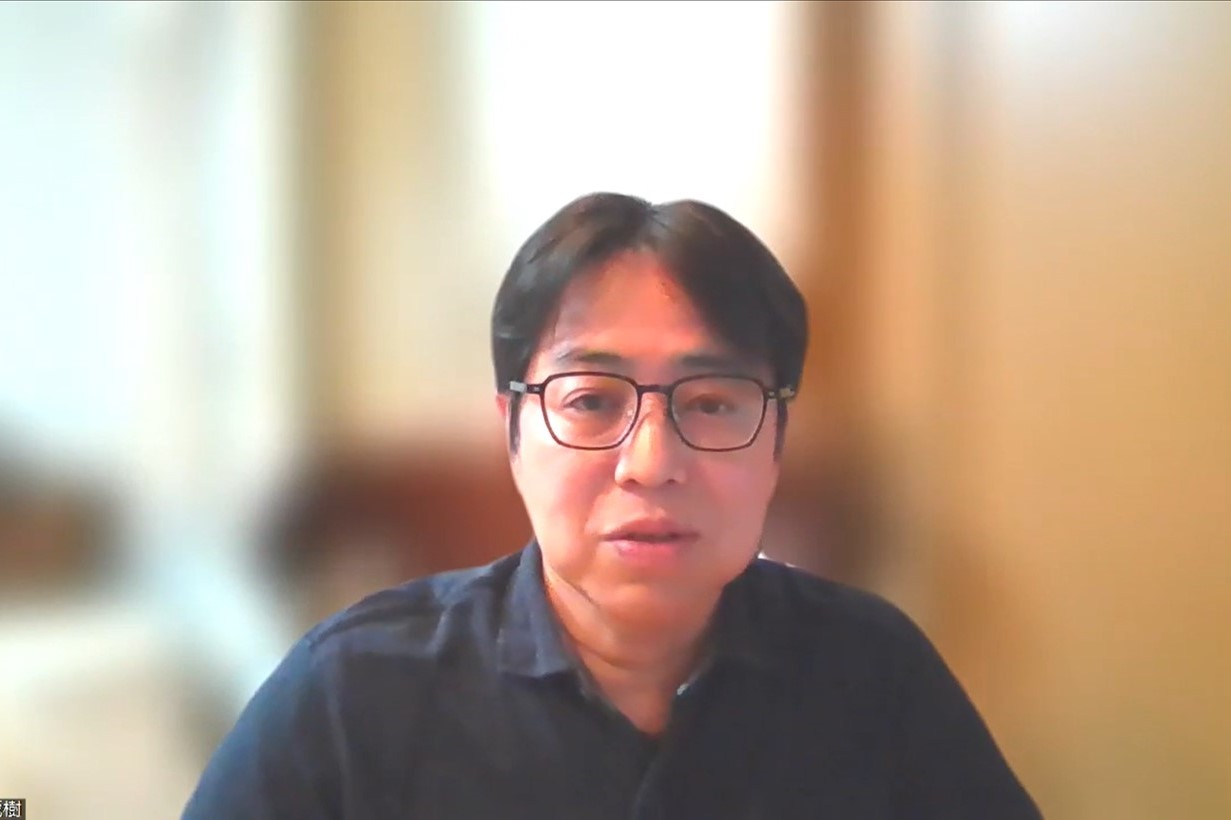
18:10-18:55 Panel discussion: “Building Systems for Multidisciplinary Collaboration in Communities to Advance iNPH Measures”
Panelists:
- Hiroaki Kazui (Professor, Department of Neuropsychiatry, Kochi Medical School; Chairman, The Japanese Society of NPH)
- Syouzo Ohkouchi (Chief Long-Term Care Support Specialist, Care Plan Naruko; Care Creator)
- Tatsuhiro Maeda (Assistant Director, Maeda Hospital, Yamamoto-Maeda Memorial Association; Director, Tokyo Metropolitan Cooperative Community Medical Center for Dementia; Director, NPH Center, Maeda Hospital)
- Ken Nagata (Managing Director, Clinical Research Institute, Yokohama General Hospital; Director, Yokohama City Medical Center for Dementia)
Moderator:
- Yukiko Kawata (Senior Associate, HGPI)
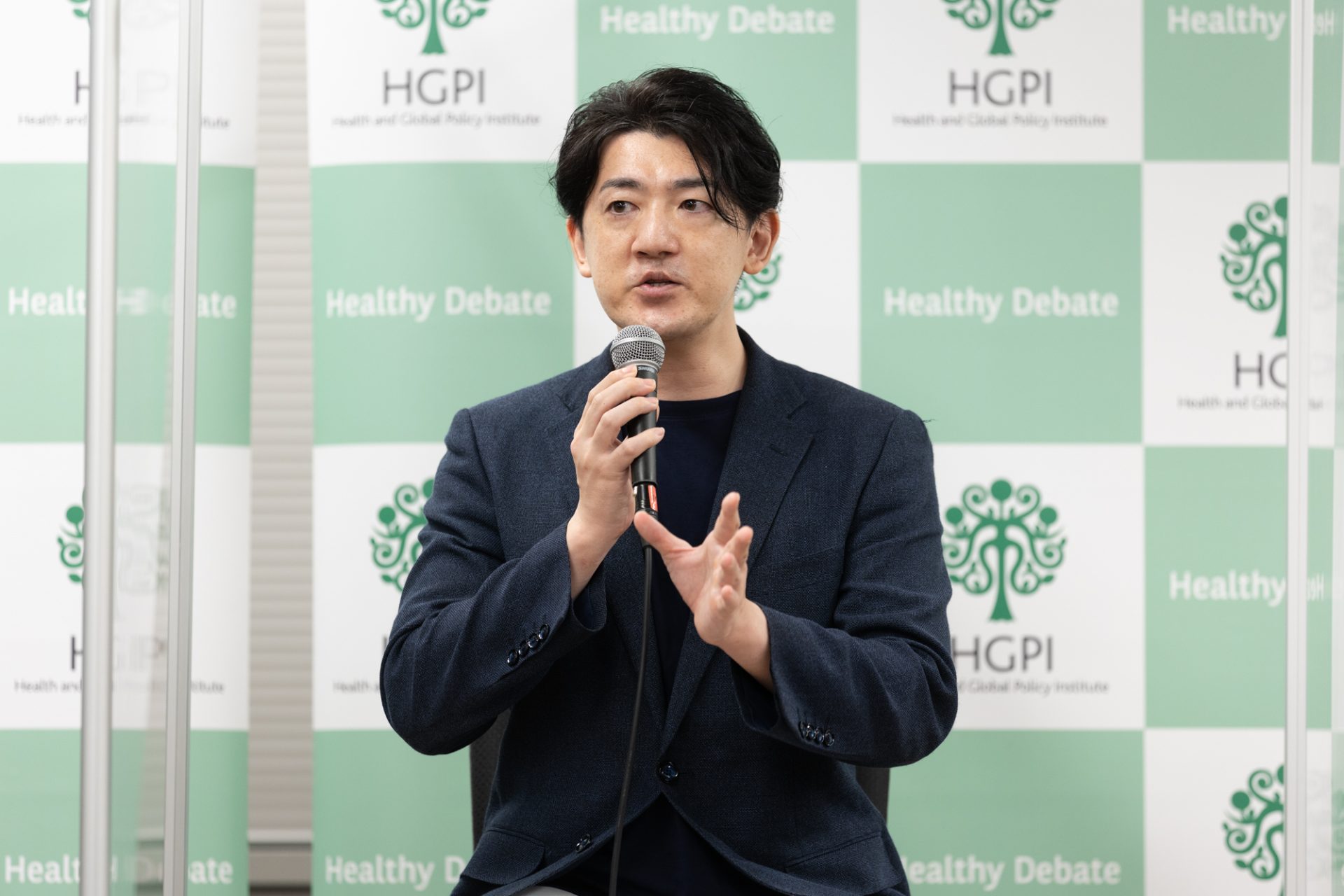
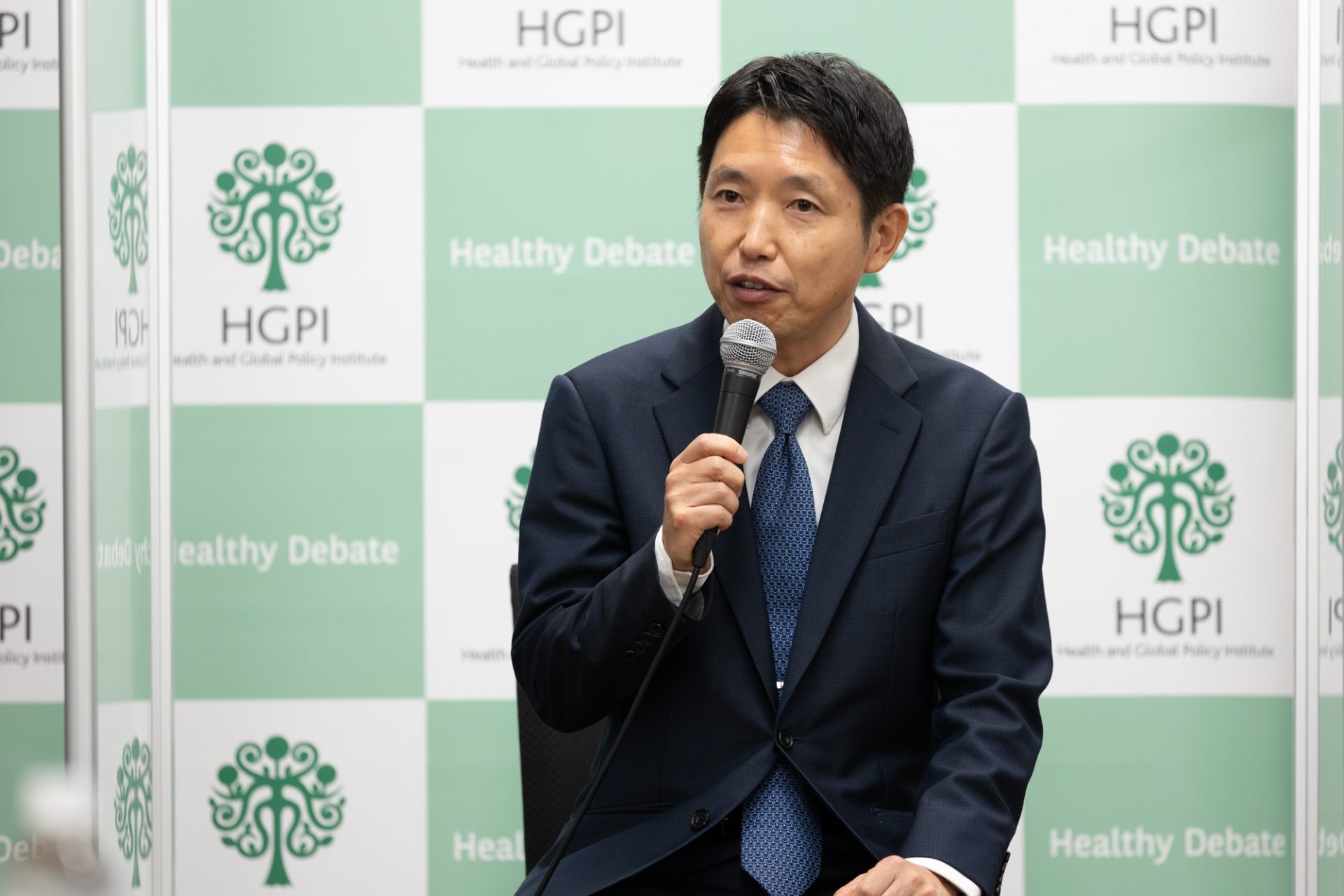
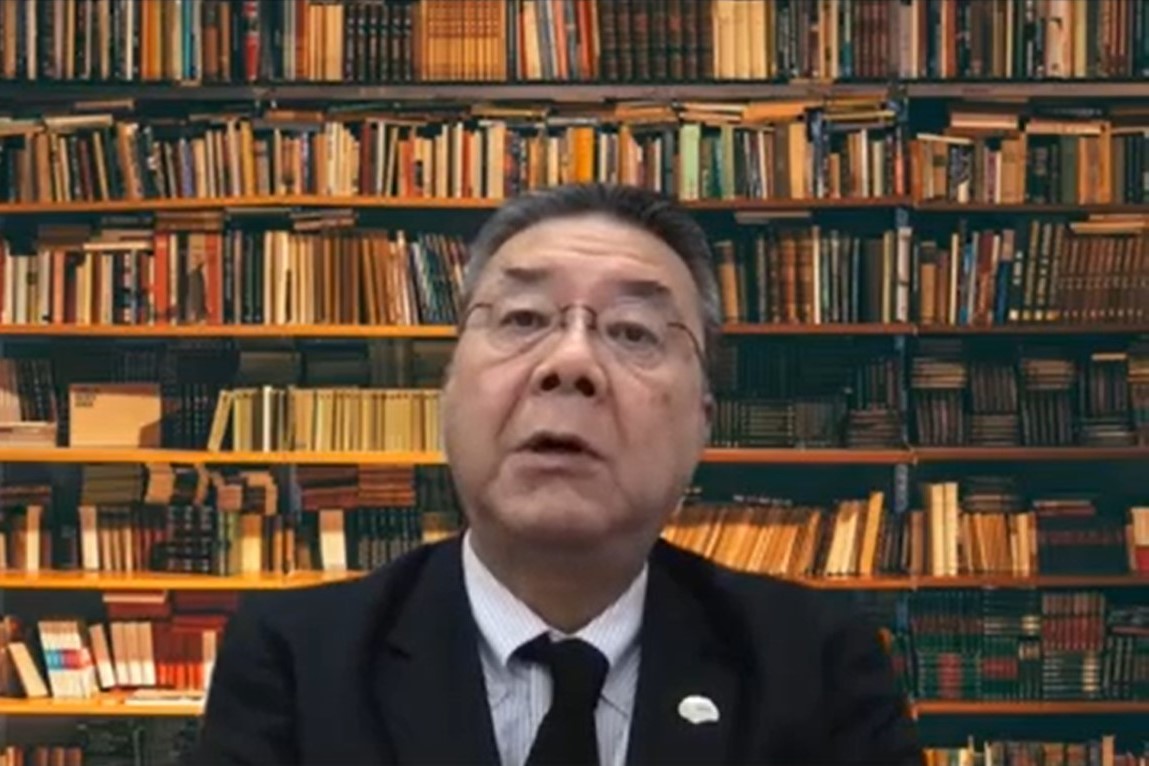
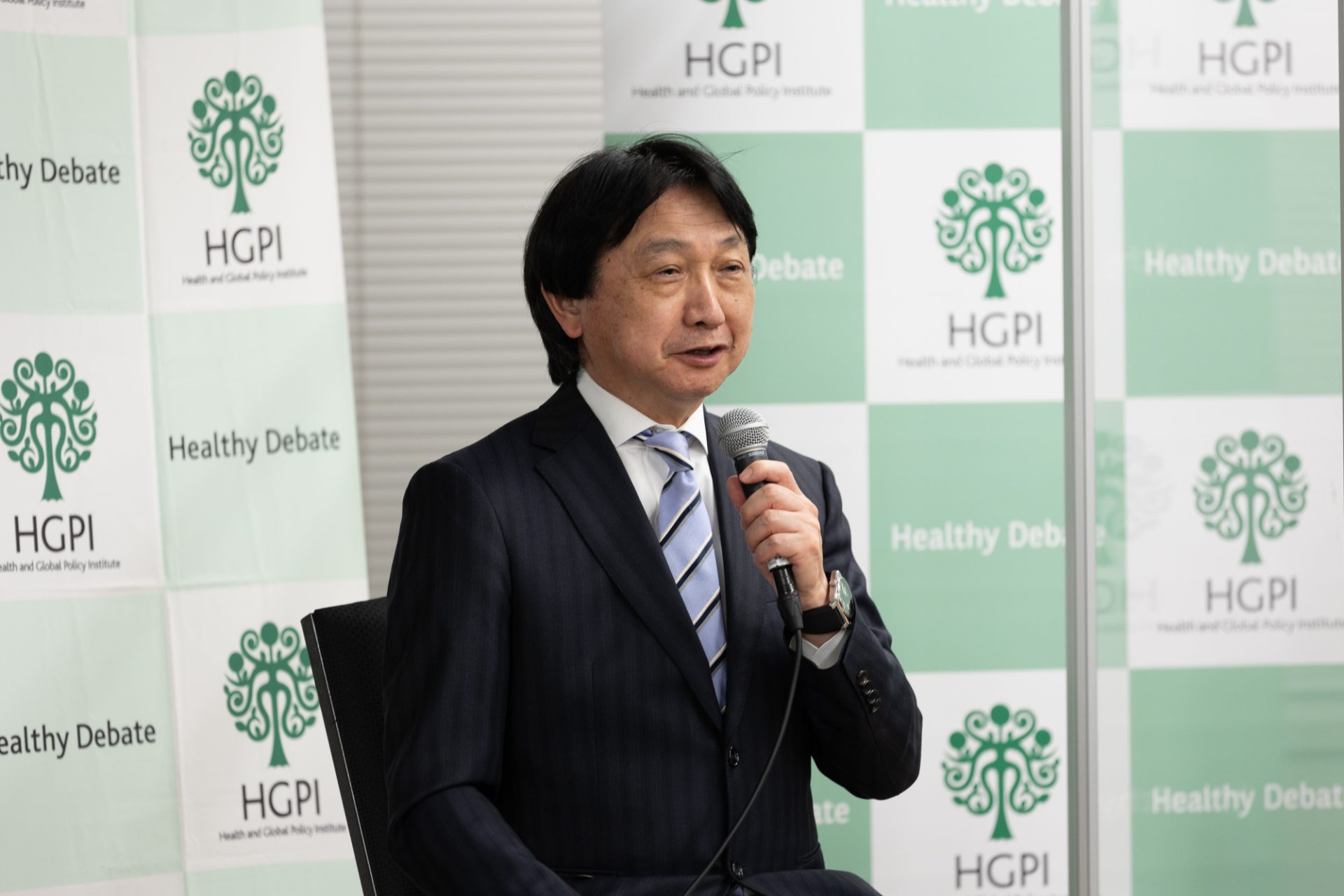
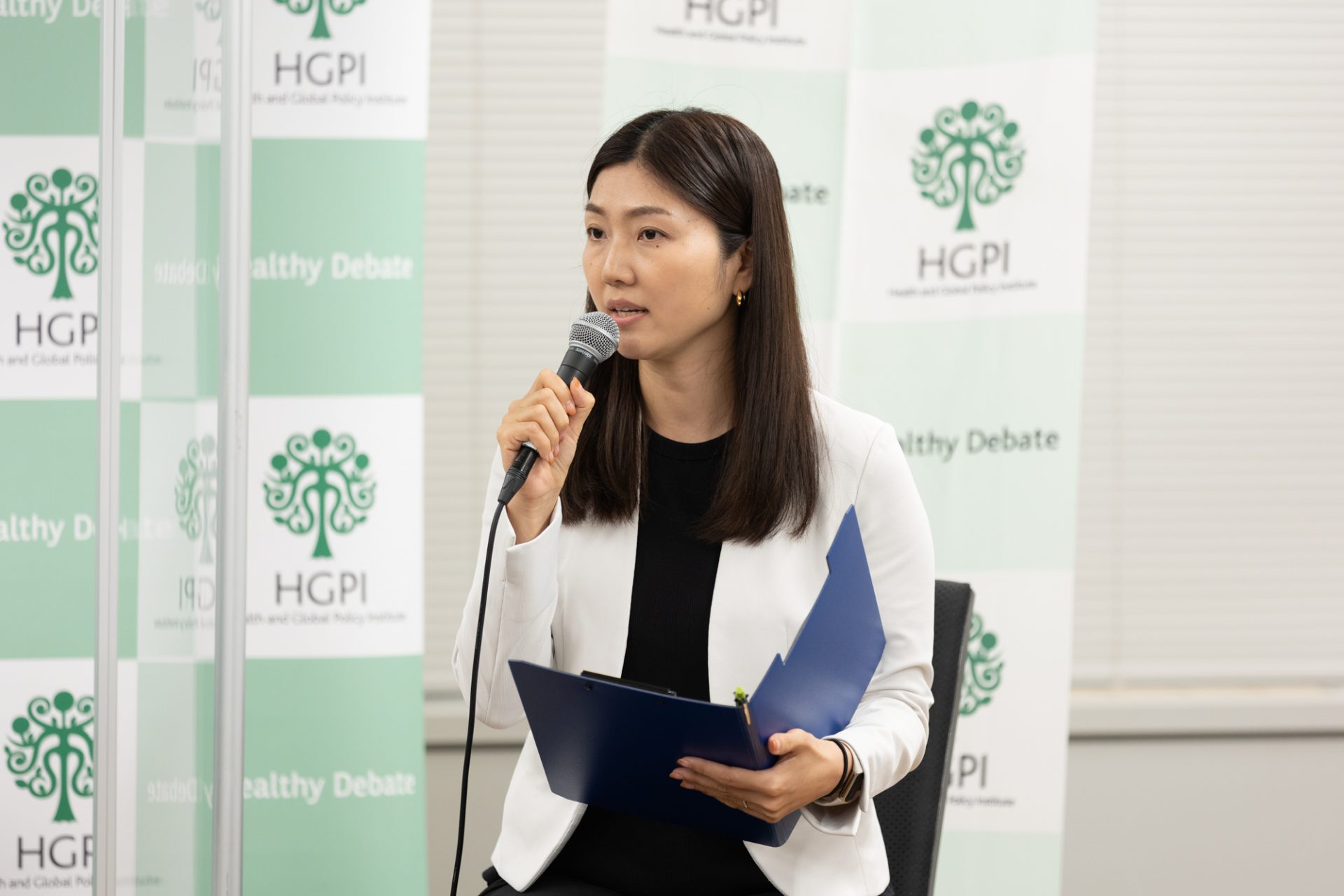
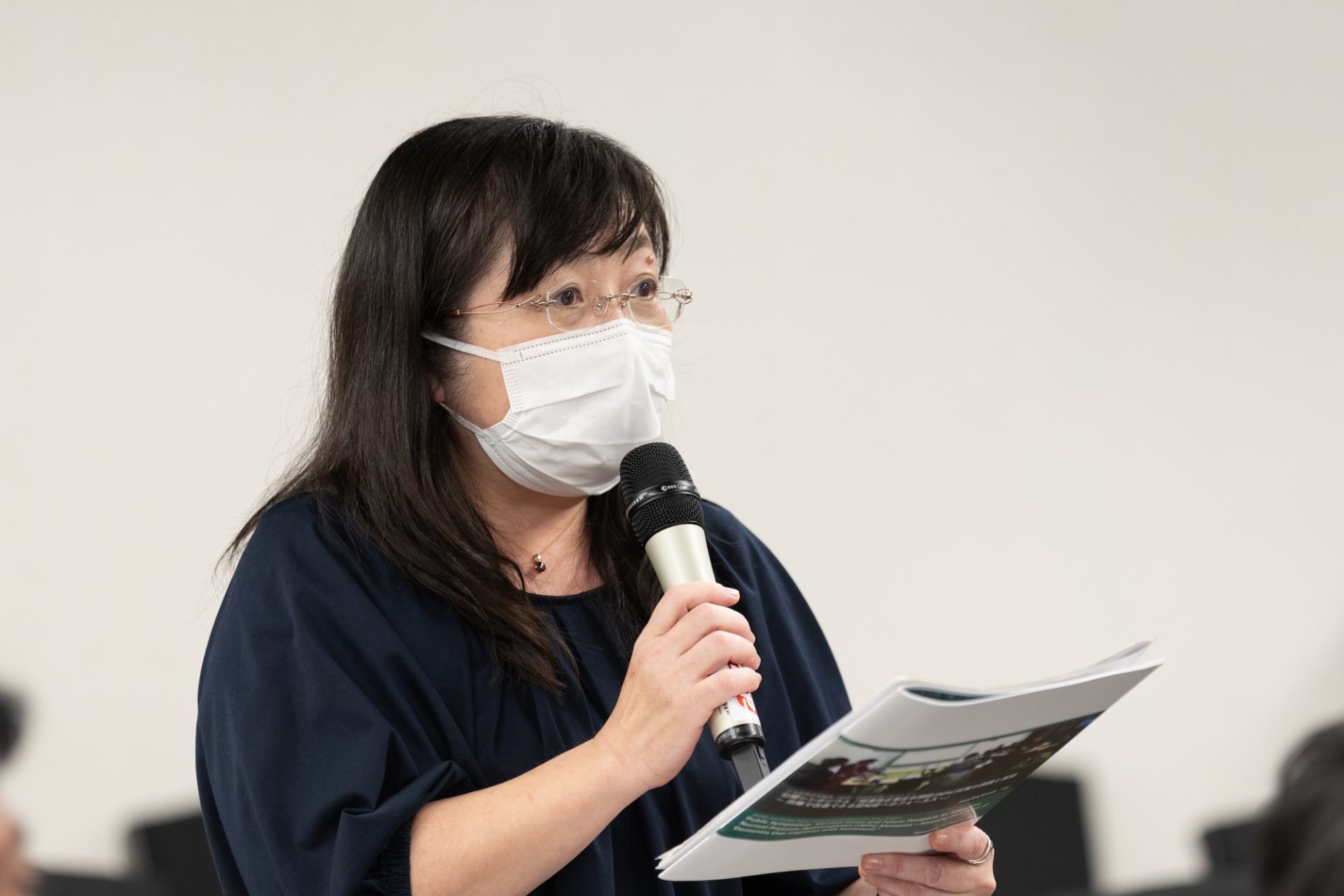
Designated remarks:
- Aki Nakanishi (Deputy Director, Technical Officer (Medical Science), Division of Dementia Policy and Community-Based Long-Term Care Promotion, Health and Welfare Bureau for the Elderly, Ministry of Health, Labour and Welfare (MHLW))
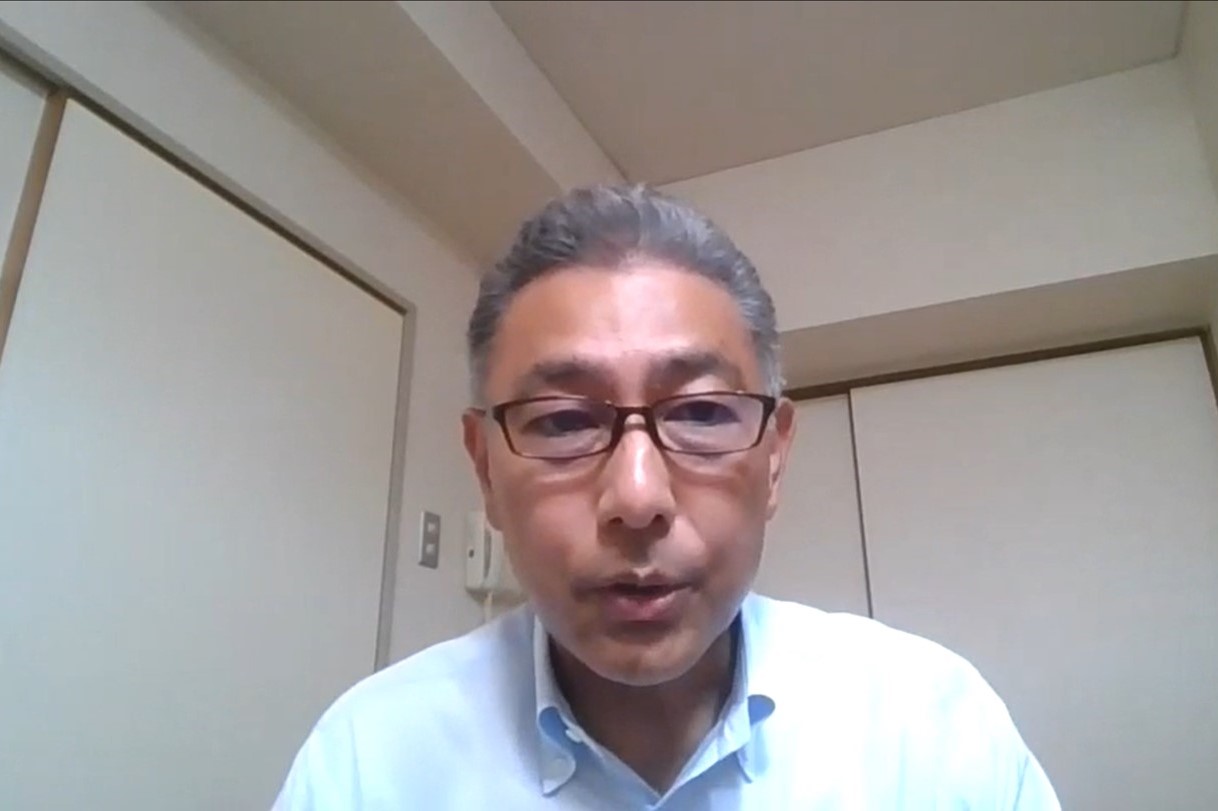
18:55-19:00 Closing remarks
- Seishi Kumano (Member, House of Councillors; Secretary, Parliamentary Association for Promoting Dementia Policies for an Inclusive Society)
日本語
Top Research & Recommendations Posts
- [Report and Recommendations] Discussion Points in Healthcare DX Project Expert Panel Meeting (April 2, 2024)
- [Event Report] Planetary Health Expert Meeting Aiming for Sustainable Healthcare: Learning from the Impact of Environmental Pollution and Medical Waste During the Pandemic (February 16, 2024)
- [Announcement] A Significant Step Towards the Building a Green Healthcare System: Support for the Formal Expression of Interest by the Japanese Government Delegation to the ATACH at the Executive Board Meeting of the WHO (February 16, 2024)
- [Policy Recommendations] Kidney Disease Control Promotion Project 2023 “Establishing Kidney Disease Control Measures with Patient, Citizen, and Community Engagement and Collaboration” Policy Recommendations, a Collection of Good Practices of Chronic Kidney Disease (CKD) and Control Measures in Local Governments (February 14, 2024)
- [Research Report] Building a Mental Health Program for Children and Measuring its Effectiveness (June 16, 2022)
- [Research Report] 2019 Survey on Healthcare in Japan
- [Research Report] Survey of Japanese Physicians Regarding Climate Change and Health (December 3, 2023)
- [Announcement] HGPI Joins Global Climate and Health Alliance (March 23, 2024)
- [Policy Recommendations] Dementia Prevention Initiatives for Achieving a Dementia-Friendly and Inclusive Society (March 26, 2024)
- [Policy Recommendations] Three Necessary Perspectives for Formulating the Basic Plan for the Promotion of Policies on Dementia: Creating a Society That is Inclusive for All People at All Times (April 1, 2024)
Featured Posts
-
2024-04-12
[Announcement] HGPI Joins Global Climate and Health Alliance (March 23, 2024)
![[Announcement] HGPI Joins Global Climate and Health Alliance (March 23, 2024)](https://hgpi.org/en/wp-content/uploads/sites/2/ph-20240323-top.png)
-
2024-04-16
[Activity Report] HGPI Child Health Project Selected to Implement FY2024 Nippon Foundation Grant Program, “Establishing a Skill Development Program and Collaborative Network for Improving Mental Health for Students with Intellectual Disabilities” (April 15, 2024)
![[Activity Report] HGPI Child Health Project Selected to Implement FY2024 Nippon Foundation Grant Program, “Establishing a Skill Development Program and Collaborative Network for Improving Mental Health for Students with Intellectual Disabilities” (April 15, 2024)](https://hgpi.org/en/wp-content/uploads/sites/2/child-health-project.png)
-
2024-04-18
[Event Report] NCDs-related Cross-project Meeting: The 2nd Meeting on Non-Communicable Disease in Hokkaido and Tohoku (March 15, 2024)
![[Event Report] NCDs-related Cross-project Meeting: The 2nd Meeting on Non-Communicable Disease in Hokkaido and Tohoku (March 15, 2024)](https://hgpi.org/en/wp-content/uploads/sites/2/ncd-ckd-ob-cvd-20240315-top.jpg)
-
2024-04-23
[Registration Open] The 125th HGPI Seminar: Progress and Prospects for Domestic Measures on Health Problems Caused by Alcohol (May 24 , 2024)
![[Registration Open] The 125th HGPI Seminar: Progress and Prospects for Domestic Measures on Health Problems Caused by Alcohol (May 24 , 2024)](https://hgpi.org/en/wp-content/uploads/sites/2/HGPI_20240524_125thHGPIseminar_Eyecatch_rev.jpg)




